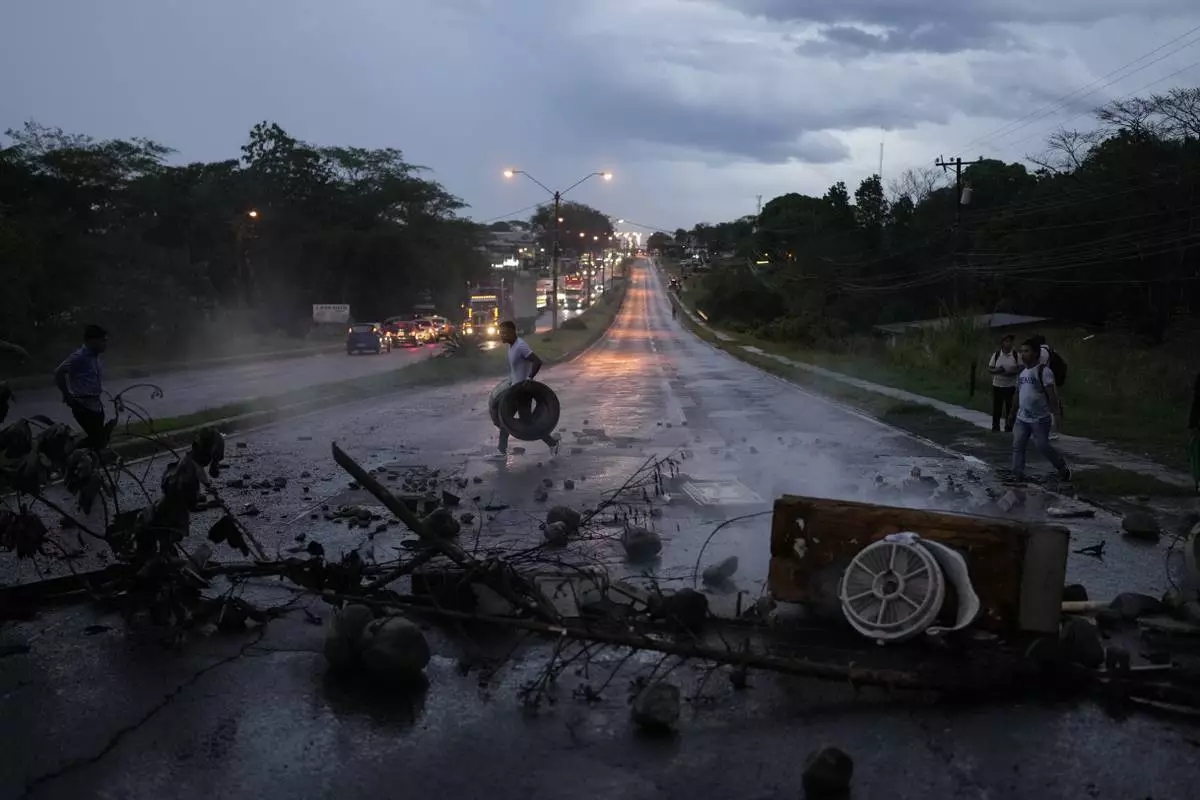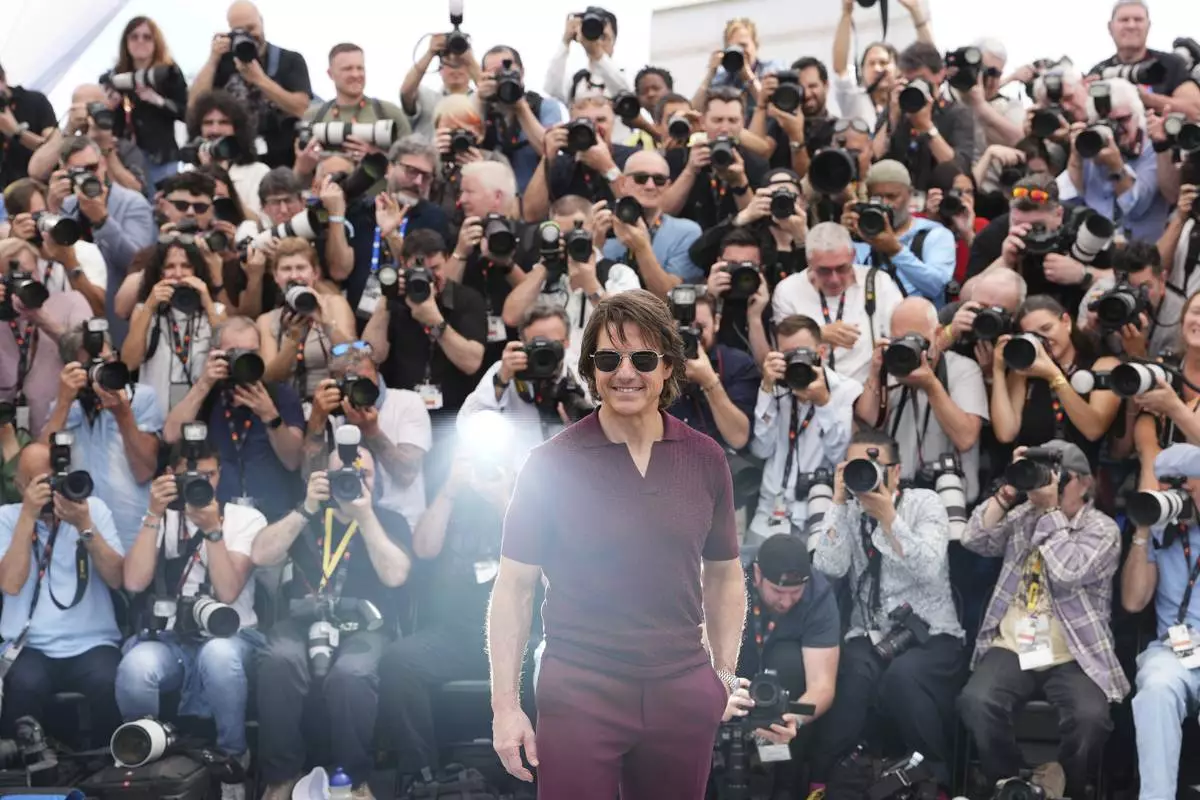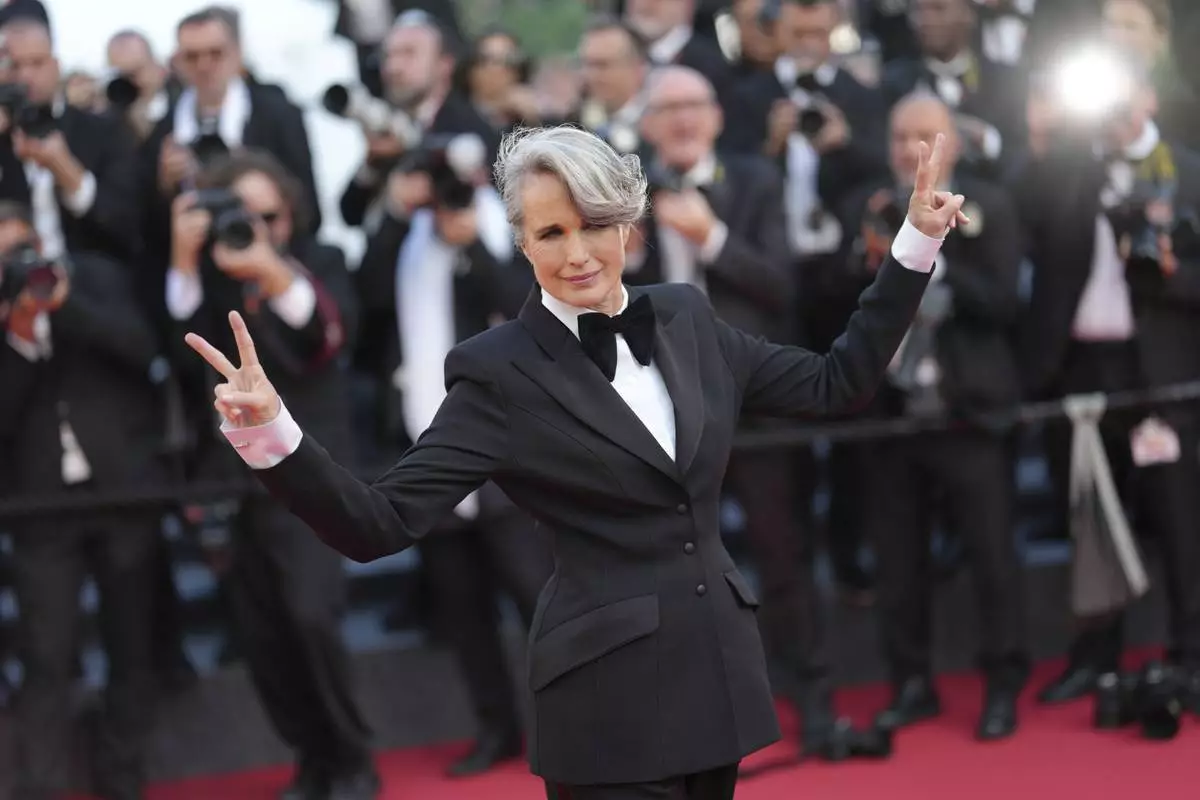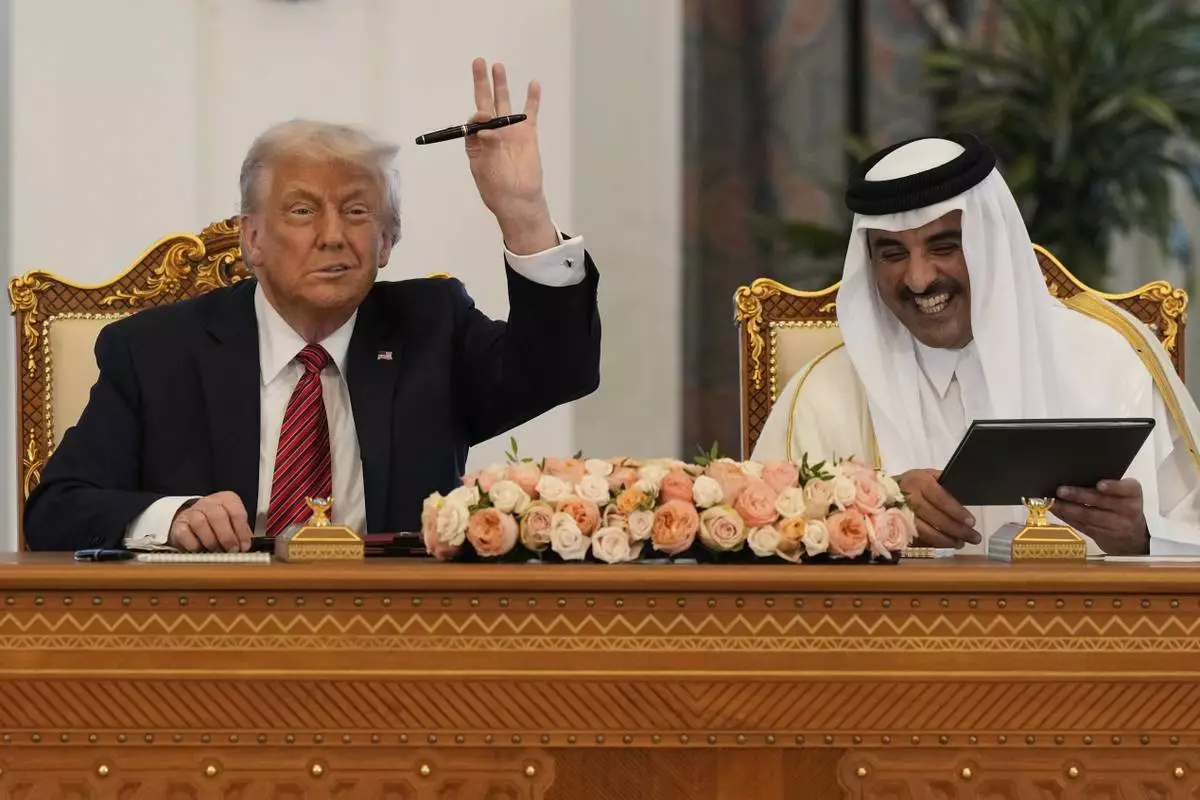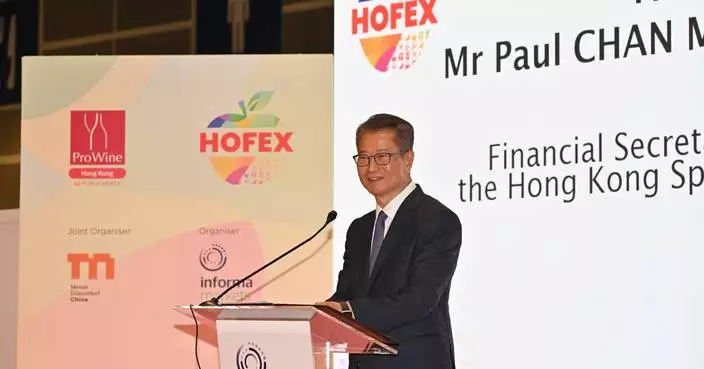Meta Platforms Inc. posted stronger-than-expected third-quarter results on Wednesday fueled by its advertising revenue growth and its push to incorporate artificial intelligence.
But the Instagram and Facebook parent company warned that it expects a “significant acceleration” in infrastructure spending next year as it continues to pour money into developing AI.
Nearly all of Meta's revenue comes from advertising on its platforms, so a slight shortfall in user numbers also put a dent in an otherwise strong quarter. Meta said it's “family daily active people” — that is the number of users who signed into at least one of its apps (Facebook, Messenger, Instagram, WhatApp and Threads) in a day — was 3.29 billion on average for September. Analysts had expected 3.31 billion.
“The miss in its user metric, daily active people, is concerning, as Meta will need to squeeze more revenue out of its existing users as growth slows," said Emarketer analyst Jasmine Enberg. She added, though, that the company is in a good position to do so “as its AI-powered tools are boosting engagement by helping show users more of what they like and making its ads, particularly on Reels, more effective.”
For the three months ended on Sept. 30, the Menlo Park, California-based company earned $15.69 billion, or $6.03 per share, up 35% from $11.58 billion, or $4.39 per share, in the same period a year earlier.
Revenue rose 19% to $40.59 billion from $34.15 billion.
Analysts, on average, were expecting earnings of $5.22 per share on revenue of $40.21 billion, according to FactSet Research.
“We had a good quarter driven by AI progress across our apps and business,” CEO Mark Zuckerberg said in a statement. “We also have strong momentum with Meta AI, Llama adoption, and AI-powered glasses.”
For the current quarter, Meta is forecasting revenue of $45 billion to $48 billion. Analysts are expecting $46.18 billion.
“Meta’s solid quarter adds further evidence to the view that digital advertisers are choosing to spend their budget on the so-called market leaders, such as Facebook and Instagram, at the expense of the smaller social media networks, like Snap," said Investing.com analyst Jesse Cohen.
Cohen added that while AI is “clearly driving growth” at Meta, "investors appear to be disappointed over the company’s forward guidance and rising costs needed to develop AI features.”
Meta said it expects 2024 operating losses at its Reality Labs segment — which includes its virtual- and augmented-reality glasses — will “increase meaningfully” due to product development costs and other investments. Last Month, Meta teased a prototype for Orion, the holographic augmented reality glasses it's been working on for a decade. But Orion doesn't have a release date yet, in large part because it is currently so expensive to make. Zuckerberg called it a “glimpse of the future.”
Meta's shares slipped about 3% in after-market trading following the earnings report.

FILE - Mark Zuckerberg wears a pair of Orion AR glasses during the Meta Connect conference on Sept. 25, 2024, in Menlo Park, Calif. (AP Photo/Godofredo A. Vásquez, File)





